Michael, who is currently working on his Ph.D. in business with a dissertation on Human Flourishing, says his personal mission statement is “to flourish and contribute to helping others flourish as well.” His life is just as inspirational as that statement. It’s a farm story with a few twists.
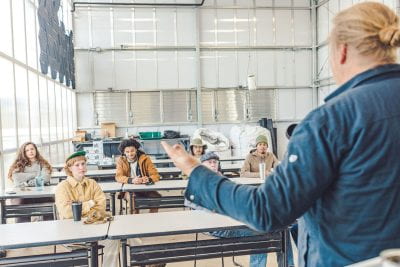
Students in the CAFF Farm School study farm business and crop planning.
Michael was born and raised in urban Chicago, continuing to live there or in the region most of his life. Before starting his doctorate, Michael received his B.A. from Saint Louis University and his MBA from Purdue. He completed coursework at Benedictine University as well. He worked as the Chief Financial Officer for several companies, including a federally qualified community health center in Lake County, Indiana; he is credited for funding, establishing, and staffing the first two school-based medical clinics in lake county, the poorest county in the state of Indiana.
Michael was called to serve in the Gulf war as a marine corps reservist. He was on the front line with the 2nd Battalion, 24th Marine Regiment, and was severely injured in battle, leaving him in a six-month coma. After seven months, he finally left the hospital, learning to walk again and dependent on a heart pump. He waited four years for a transplant. Afterward, Michael continued work in finance as he learned to live with his new reality. He is rated as a 100% service-connected total and permanently disabled veteran by the Department of veteran affairs and 50% disabled from war-related PTSD.
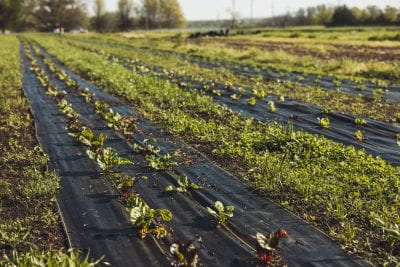 When asked where his desire to farm came from, Michael says he’s always had it; even as a child, he wanted to be a farmer. He recalls going door-to-door in grade school selling greeting cards in hopes of buying a horse. After realizing he couldn’t have a horse in the city, he wanted to buy a canoe with the money but had no place to go canoeing. “I just always wanted to be outdoors or doing farm things that I had read about or seen somewhere,” he says. “The desire was always there.”
When asked where his desire to farm came from, Michael says he’s always had it; even as a child, he wanted to be a farmer. He recalls going door-to-door in grade school selling greeting cards in hopes of buying a horse. After realizing he couldn’t have a horse in the city, he wanted to buy a canoe with the money but had no place to go canoeing. “I just always wanted to be outdoors or doing farm things that I had read about or seen somewhere,” he says. “The desire was always there.”
As an adult, Michael could finally pursue that farm dream. In 2004 he purchased a 185-acre farm in Prague, Oklahoma. He planned to raise registered South African Boer goats prized for their meat. He had no experience but jumped right in. He chose Oklahoma for his farm enterprise because the state was set to build the largest goat processing plant in the country. Michael tried to get his goat farm going for a couple of years, but his plans fell through.
After some life changes, he found himself a single father of four children and knew it was time to put his farm dream on hold for a while. He returned to finance work in Chicago and later in Florida, but the move was disappointing. Michael says it left him feeling “hot and bored.”
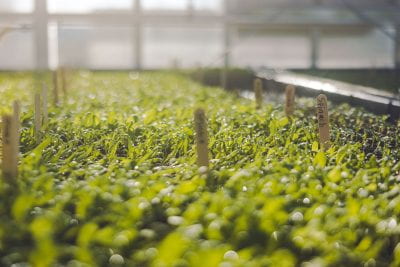
He continued looking for another farm to purchase. Research into the rain and climate patterns of the U.S. focused his search on the Ozarks region. Another incentive was proximity to his best friend, the Walton chair of Banking and finance professor at the University of Arkansas. Eventually, Michael found the land he wanted within a mile of the Kings River in the Boston Mountains in Madison county and purchased it. Soon afterward, he exited Florida to build his dream farm in Arkansas.
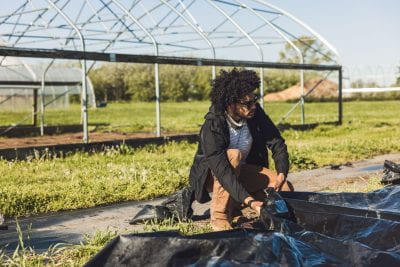
Michael’s son, Sion, learns about crop production at the CAFF Teaching Farm.
After settling in Arkansas, Michael heard from his best friend about a new program the University of Arkansas, Division of Agriculture, had launched, teaching small-scale farming and farm entrepreneurship skills. Michael was intrigued. However, there was an obstacle. He knew that he couldn’t physically make it through the program or get the farm started on his own. He talked to his son, Sion, about possibly doing it together. Sion agreed and took a gap year from his studies to join his dad in the CAFF Farm School. The pair are the first family duo to go through the program together.
When asked what’s next after completing the CAFF Farm School, Michael has big plans. He’s interested in growing saffron and has taken several online courses. Michael sees market potential for growing the medical-grade saffron used in make-up. He is also interested in niche vegetables, Christmas trees, lavender, flowers, berries, fruit trees, and muscadines. With 180 acres, he has plenty of room for several specialty crops. Michael plans to use the regenerative and organic farming methods he’s learned in the CAFF Farm School. Animals will also be raised on the farm. He plans to grow food for wholesale markets but also sees the farm as a vehicle for serving others. Assisting underserved communities is a passion of his.
 Michael is the recipient of the Arkansas Grown Grant for Northwest Arkansas Farmers. The goal of this Arkansas Grown pilot program is to increase capacity for wholesale fruit and vegetable production in the four counties of Benton, Carroll, Madison, and Washington. Funding for the pilot program is provided by the Walton Family Foundation.
Michael is the recipient of the Arkansas Grown Grant for Northwest Arkansas Farmers. The goal of this Arkansas Grown pilot program is to increase capacity for wholesale fruit and vegetable production in the four counties of Benton, Carroll, Madison, and Washington. Funding for the pilot program is provided by the Walton Family Foundation.
When asked what advice he can offer others who dream of farming, Michael says to do your research. He emphasizes that there is always more to learn. Talking to those already farming helps. Participating in courses or apprenticeships is essential, and he praises the CAFF Farm School as “a hidden gem.” Michael thinks the curriculum model and training are excellent, highly researched, and well-balanced.
For now, Michael is most excited about learning alongside his son, whom he describes as intelligent and capable, adding, “It’s been amazing to learn all of this together in the CAFF Farm School.” In their downtime, both enjoy the peace and harmony of being on their land, surrounded by nature and the national forest in Madison County. Michael proves that a dream deferred is still alive and full of potential. His life is an exciting and inspiring testament to overcoming and persevering. There is more to come from this Chicago native who had a career in finance, served his country, raised a family, and dreamed of farming.
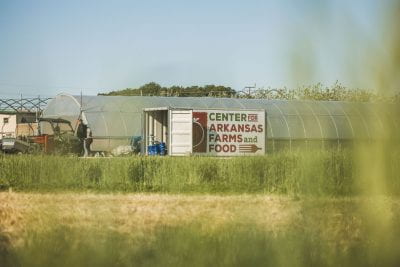
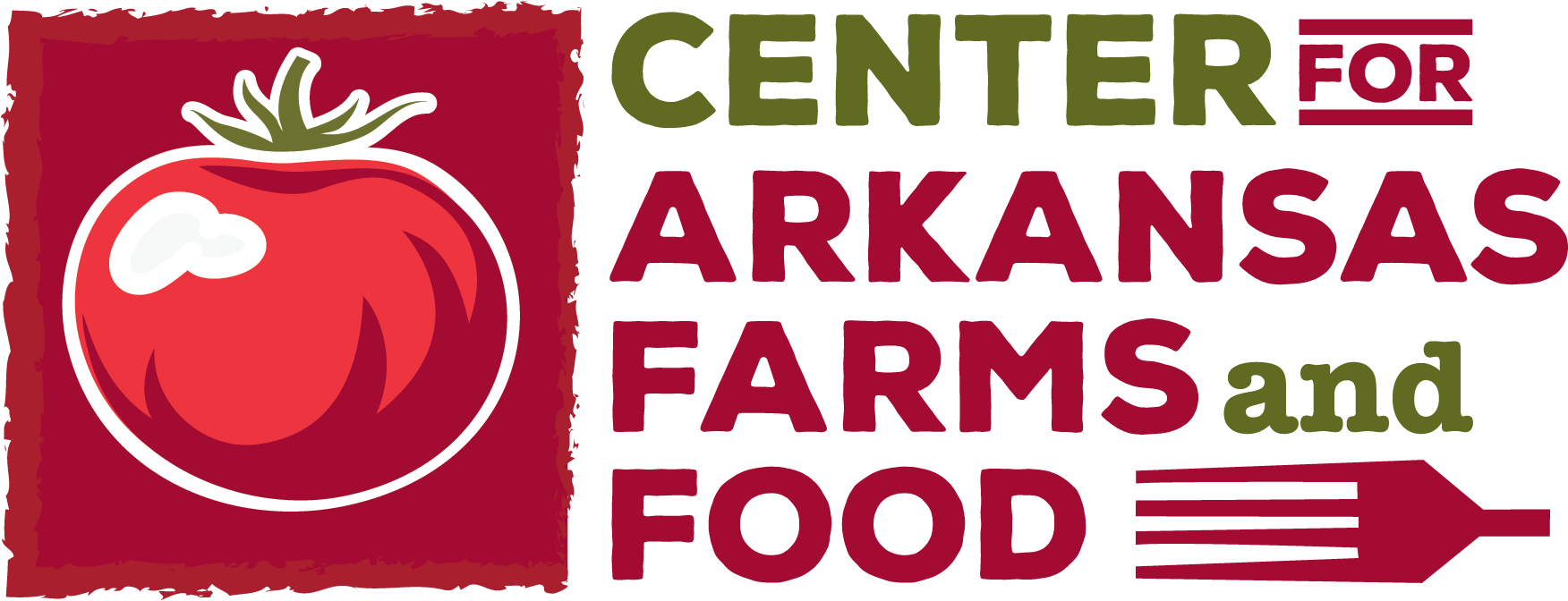
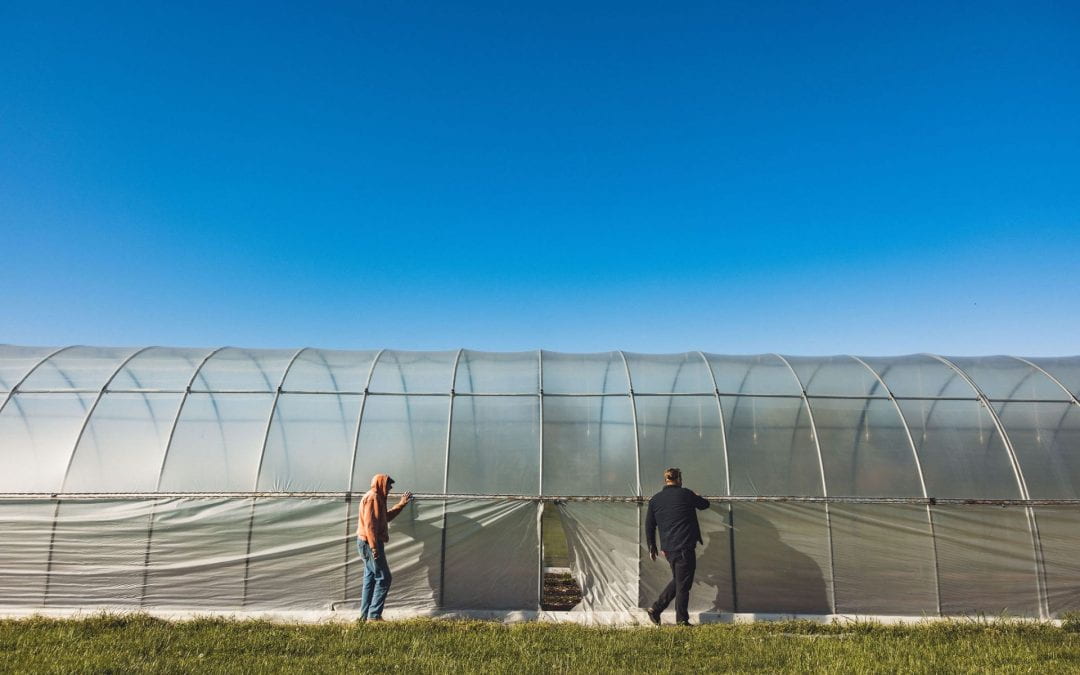
Recent Comments